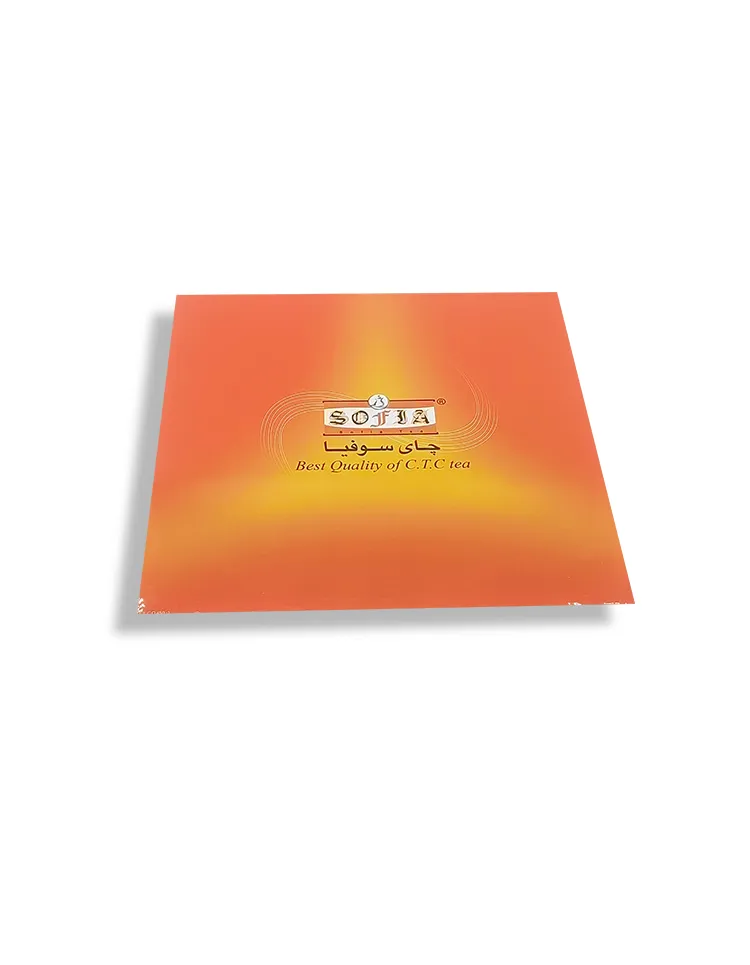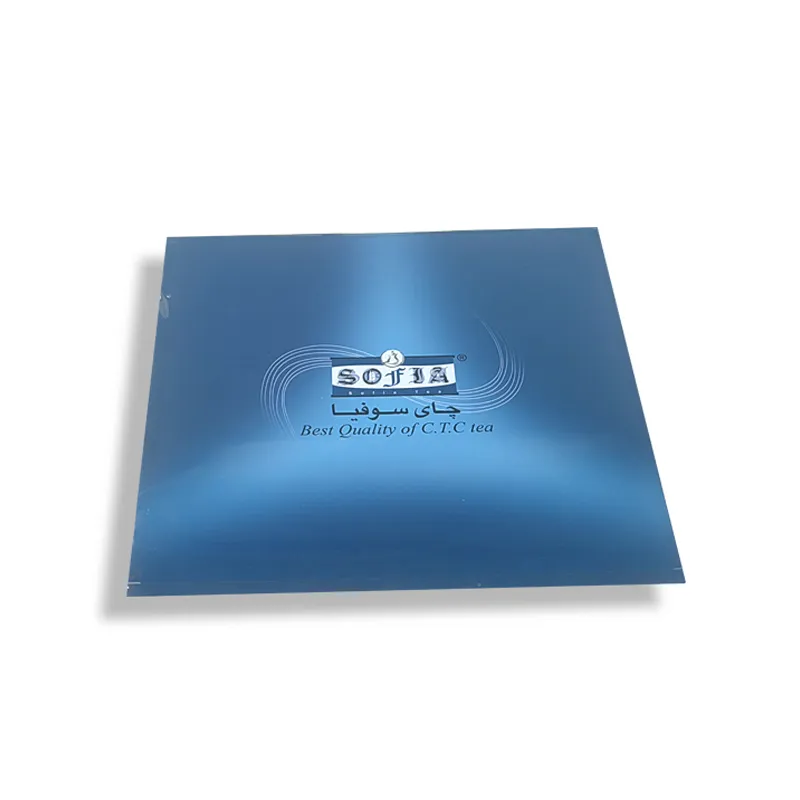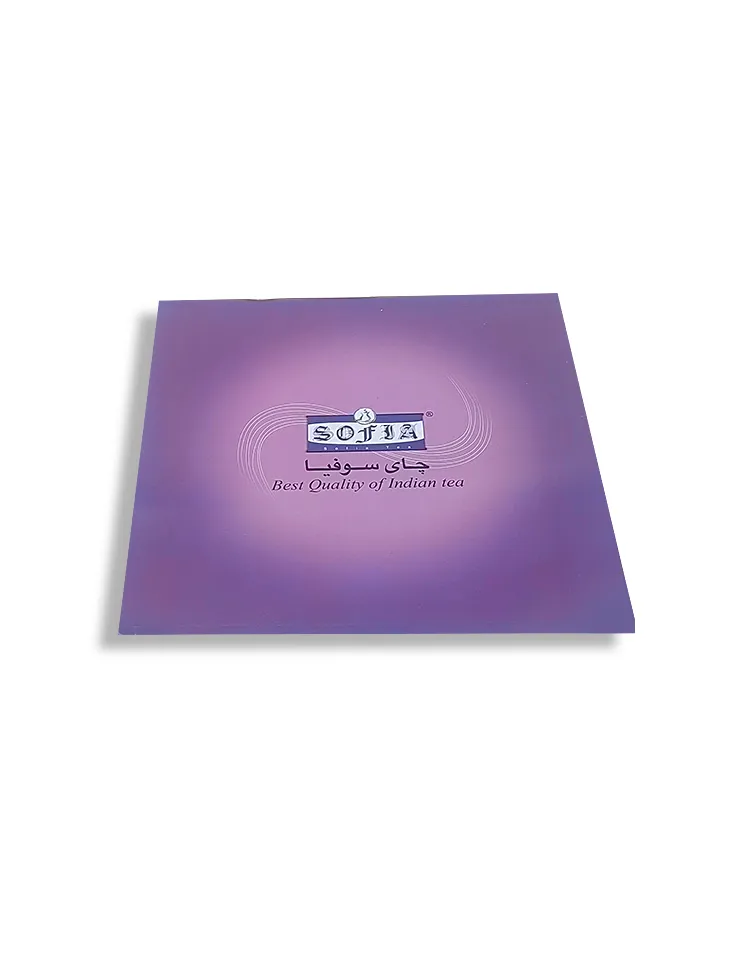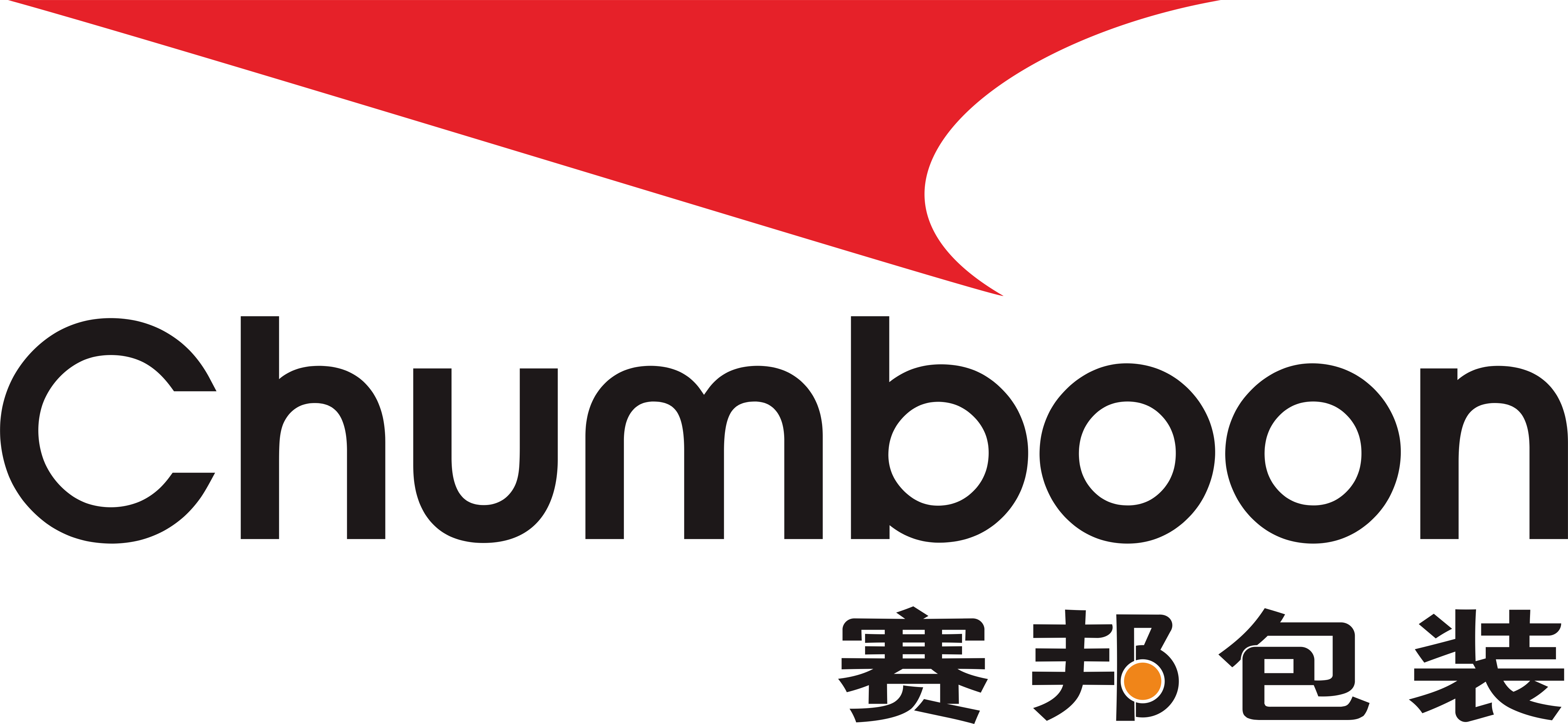In modern industry and daily life, the choice of packaging materials is of great significance to product quality, cost and environmental impact. Tin plate sheet was once the main force in the packaging industry and was widely used in canning of food, beverages and chemical products.
However, with the advancement of technology and changes in market demand, aluminum gradually replaced tinplate sheet and became a new generation of packaging material. This article will explore in detail the reasons, advantages and impact of aluminum replacing tinplate sheet on related industries.

What are the advantages and disadvantages of tin plate sheet?
Tinplate sheet is a material that is coated with a layer of tin on the surface of steel plate, which is mainly used to prevent steel plate from rusting and extend its service life.
Tin plate sheet has the following advantages:
1. Strong corrosion resistance: The tin layer can effectively prevent the steel plate from contacting with air and moisture to avoid rusting.
2. High strength: The steel plate itself has high mechanical strength and is suitable for making containers of various shapes.
3. Good weldability: Tinplate sheet can make complex canned products through welding technology.
However, tinplate sheet also has some disadvantages:
1. High cost: The tinning process increases the production cost of the material.
2. Heavy weight: The high density of steel sheet increases the cost of transportation and storage.
3. Complex processing: The forming and welding process of tin plate sheet is relatively complex, and the production equipment and technology requirements are high.
What is the reason for aluminum to replace tin plate sheet?
As a lightweight metal, aluminum has many excellent properties, which has gradually replaced tinplate sheet in many applications. The main reasons for aluminum to replace tinplate sheet include the following:
Lightweight
The density of aluminum is only 2.7 g/cm³, which is about one-third of steel. The use of aluminum material can significantly reduce the weight of packaged products and reduce transportation and storage costs. This is especially important for the food and beverage industry, which requires large-scale transportation.
Corrosion resistance
Aluminum has a natural oxide film that can form a dense aluminum oxide film in the air to prevent further oxidation and corrosion. In contrast, although the tin layer of tinplate sheet can also prevent corrosion, once the tin layer is damaged, the steel sheet will quickly rust.
Plasticity
Aluminum has good ductility and plasticity, and is easy to process into products of various shapes and sizes. The production process of aluminum cans is relatively simple and suitable for large-scale production.
Recyclability
Aluminum is an abundant and fully recyclable metal on earth. Aluminum cans have a high recycling rate, and the energy required in the recycling process is only 5% of the production of primary aluminum, which has significant environmental advantages.
Cost-effectiveness
Although the initial material cost of aluminum may be higher than tin plate sheet, the overall cost of use is lower considering the lightweight, easy processing and high recycling rate of aluminum. Therefore, aluminum packaging is more competitive in the market.

What are the application areas of aluminum packaging?
The trend of aluminum replacing tin plate sheet has been reflected in many fields. Here are some typical applications:
Beverage cans
Aluminum cans have completely replaced tin plate sheet cans in the packaging of beverages such as carbonated drinks, beer and juice. Aluminum cans are lightweight, durable and easy to recycle, and are popular among consumers and manufacturers.
Food cans
Some high-end food cans, such as high-quality coffee and tea cans, have also begun to use aluminum cans. Aluminum cans have better anti-corrosion performance and sealing than tinplate sheet cans, and can better maintain the freshness and flavor of food.
Cosmetics and personal care products
Aluminum cans are also widely used in the packaging of cosmetics and personal care products. The texture and beauty of aluminum enhance the grade of the product and attract more consumers.
Pharmaceutical and chemical products
Aluminum's anti-corrosion performance and high strength make it an ideal choice for pharmaceutical and chemical product packaging. Aluminum cans can effectively protect the contents from the influence of the external environment, ensuring their quality and safety.
What are the advantages of aluminum packaging?
The advantages of aluminum packaging are mainly reflected in the following aspects:
Lightness
The low density of aluminum makes it an ideal material for making lightweight packaging. This not only reduces transportation costs, but also reduces the burden of handling for consumers.
Anti-corrosion
The natural oxide film of aluminum provides good anti-corrosion protection, which is suitable for packaging a variety of foods and beverages and prolonging their shelf life.
Recyclability
The high recycling rate and low recycling cost of aluminum make it an environmentally friendly packaging material choice. The recycling of aluminum cans can reduce resource waste and environmental pollution, which is in line with the concept of sustainable development.
Aesthetics
The surface of aluminum can be processed through a variety of processes to present different colors and glosses. The beautiful design of aluminum cans can enhance the attractiveness of products and increase market competitiveness.

Impact of aluminum packaging on related industries
The wide application of aluminum packaging has had a profound impact on related industries:
Beverage industry
The lightness and corrosion resistance of aluminum cans have improved the quality of beverage packaging and promoted the development of the beverage industry. The popularity of aluminum cans enables beverage manufacturers to better control costs and improve the market competitiveness of products.
Food industry
The application of aluminum cans in high-end food packaging improves the shelf life and aesthetics of food and meets consumers' demand for high-quality food. The use of aluminum cans enables food manufacturers to provide safer and more reliable products.
Environmental protection industry
The high recycling rate and low recycling cost of aluminum packaging are in line with the concept of environmental protection and promote the development of sustainable packaging. The recycling of aluminum cans reduces resource waste and environmental pollution, and has a positive role in promoting the environmental protection industry.
Manufacturing industry
The popularity of aluminum packaging has promoted the development of aluminum processing technology and improved the overall level of the manufacturing industry. The production process of aluminum cans is relatively simple, suitable for large-scale production, and reduces manufacturing costs.
In summary, the replacement of tin plate sheet by aluminum as the main material in the packaging industry is the result of technological progress and changes in market demand. The lightness, corrosion resistance, plasticity and high recycling rate of aluminum have made it widely used in beverages, food, cosmetics, medicine and chemicals.

